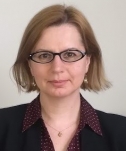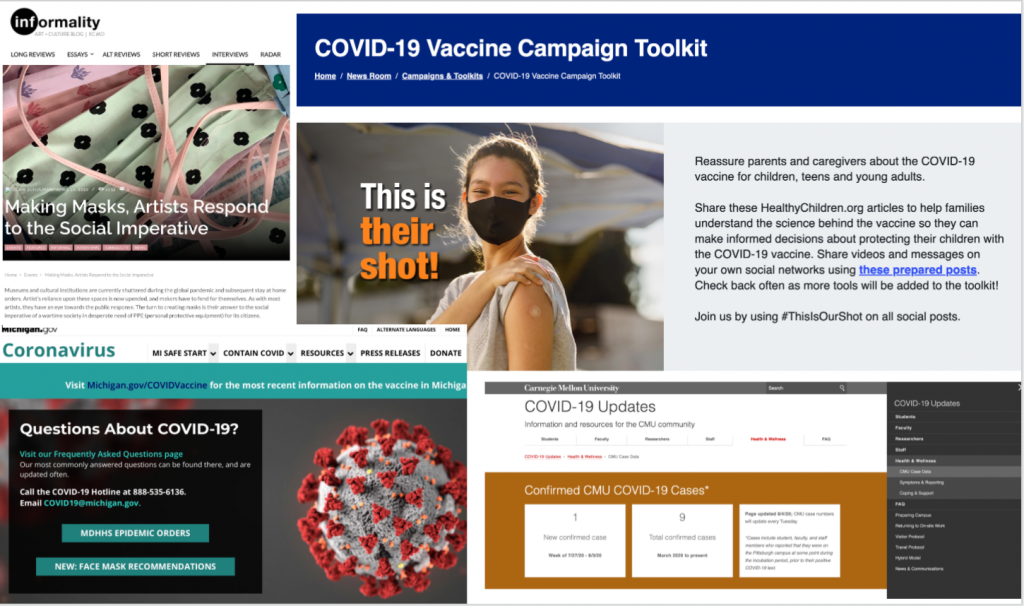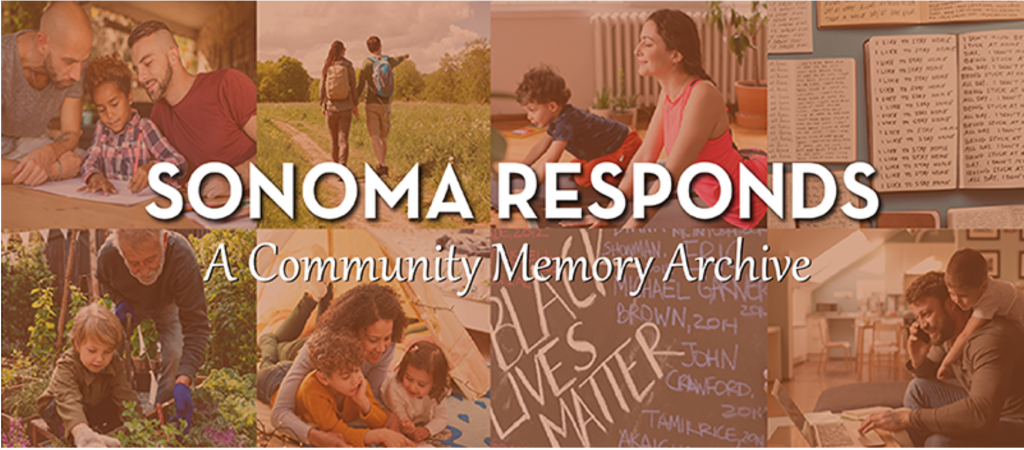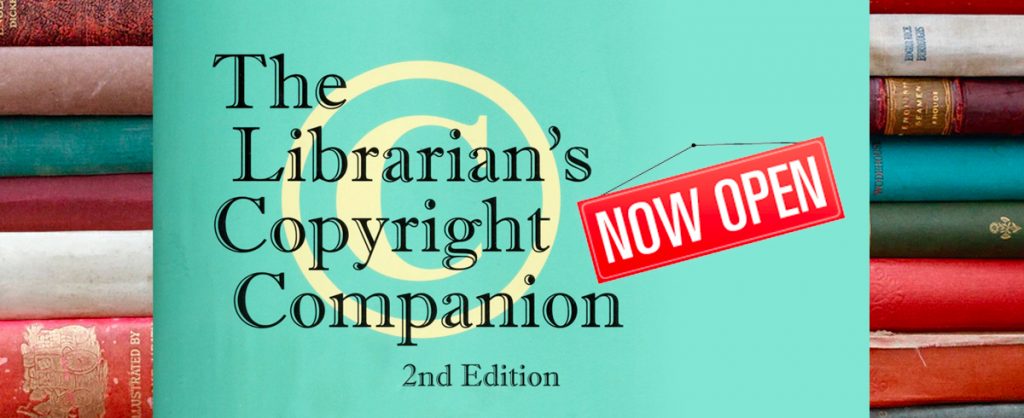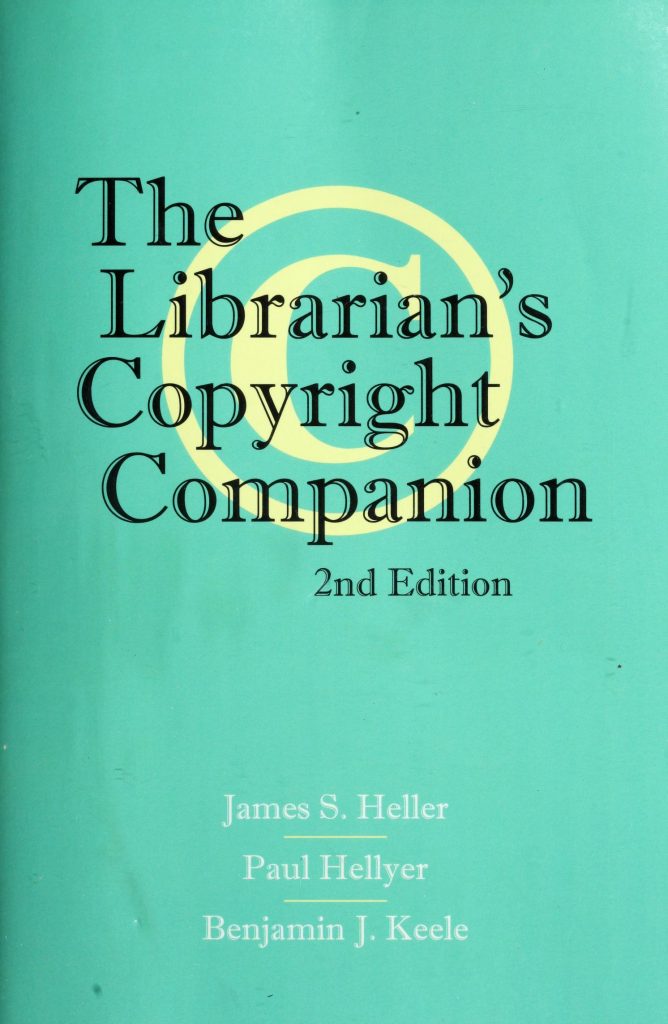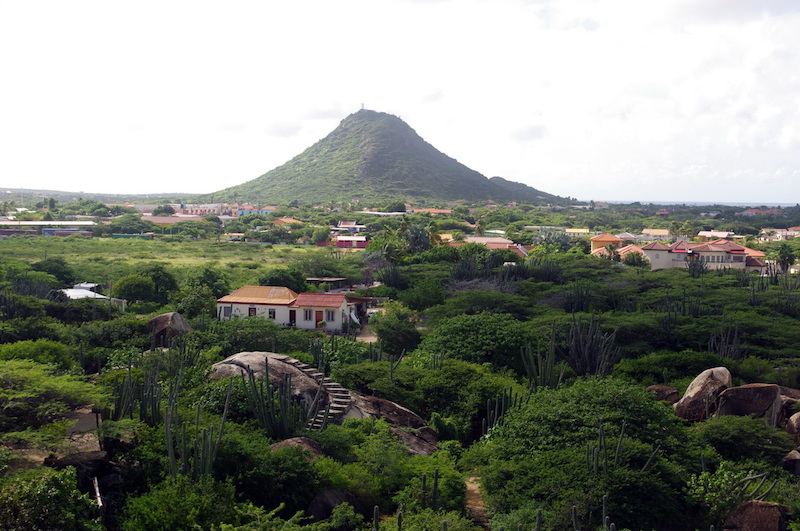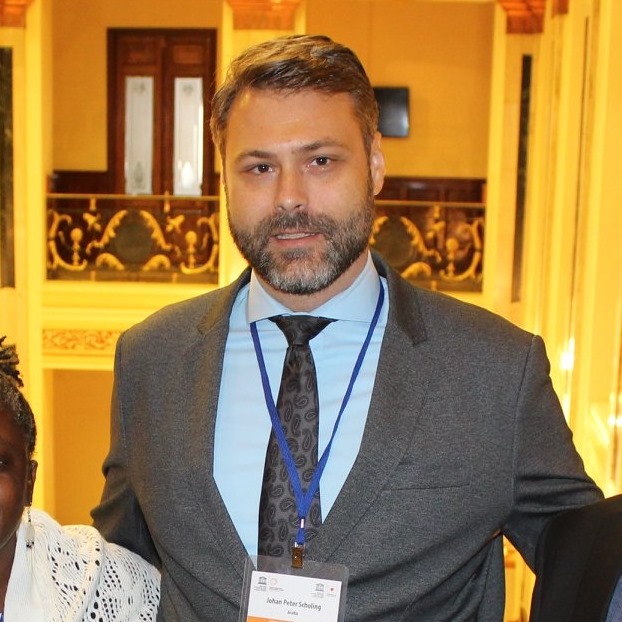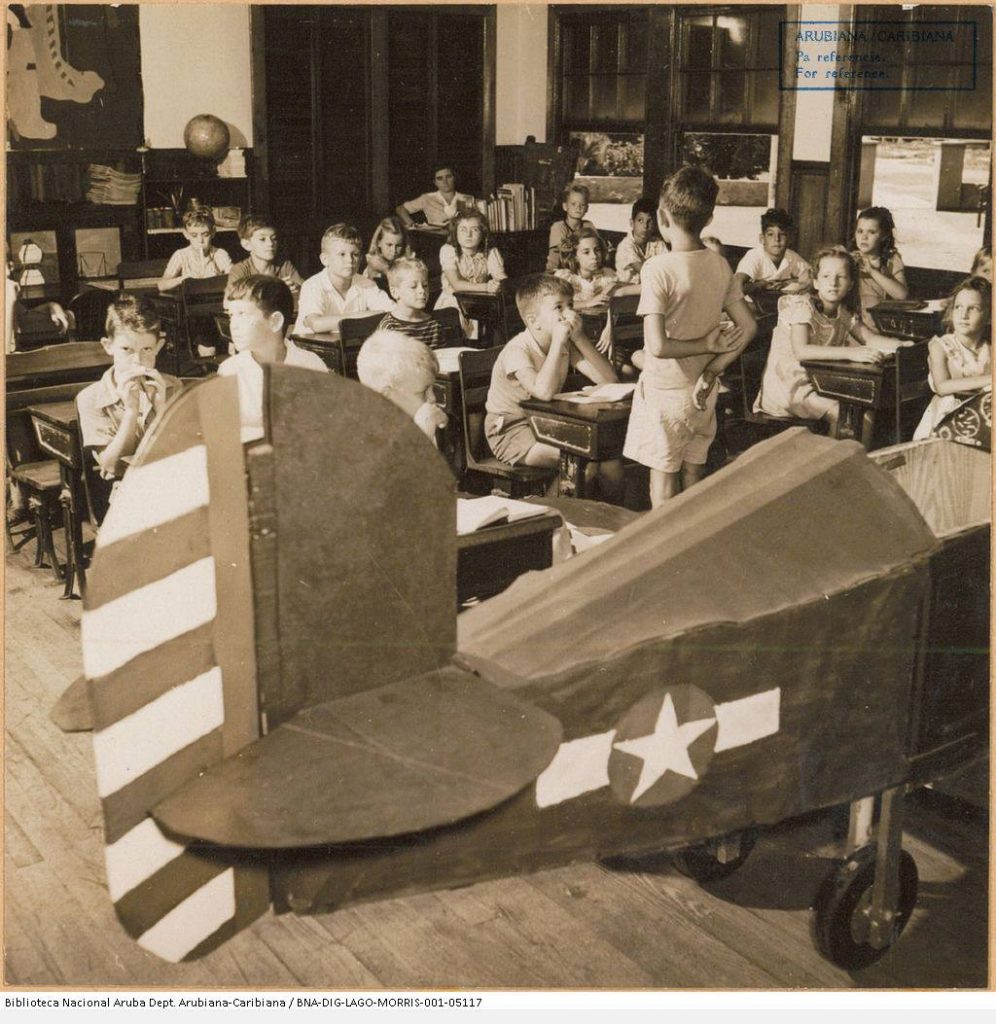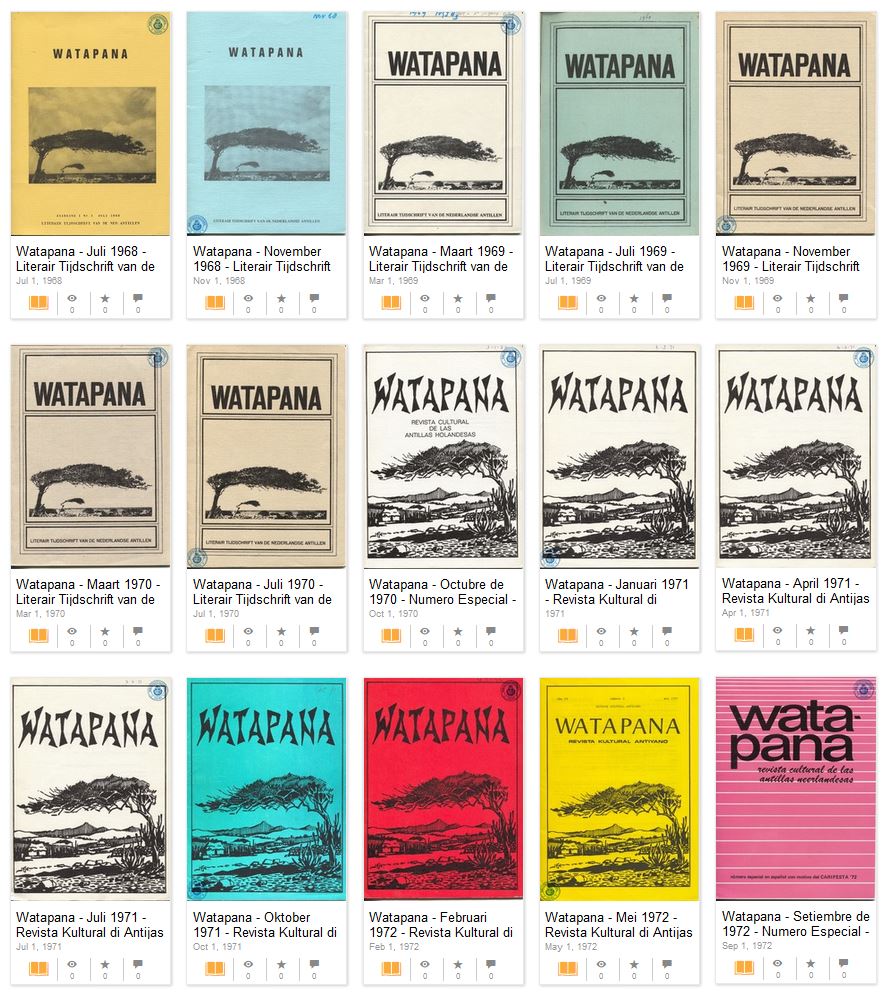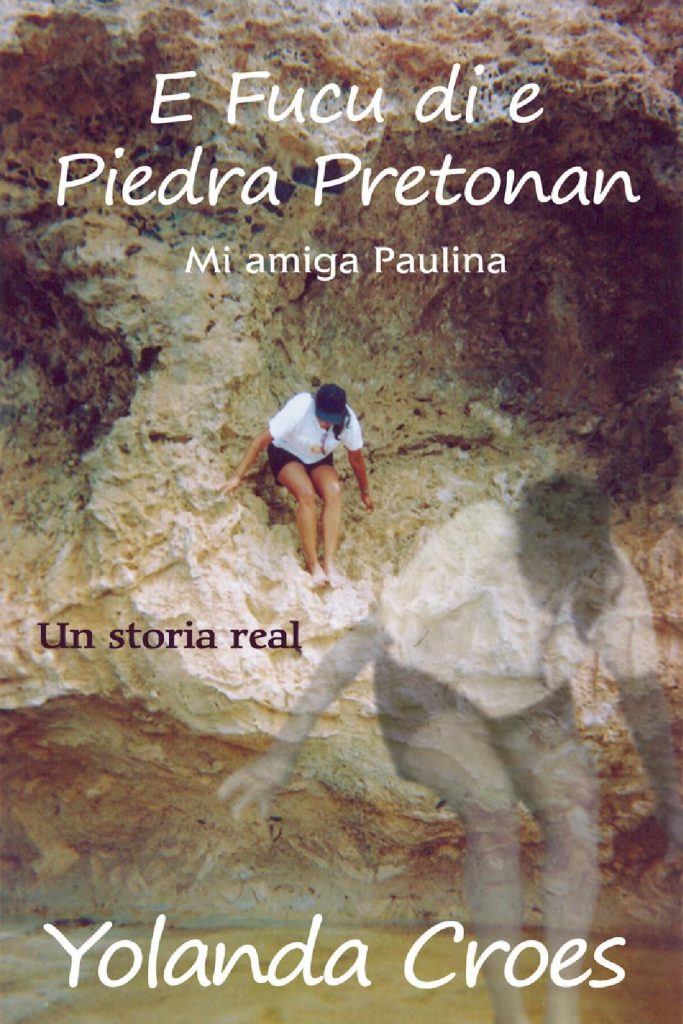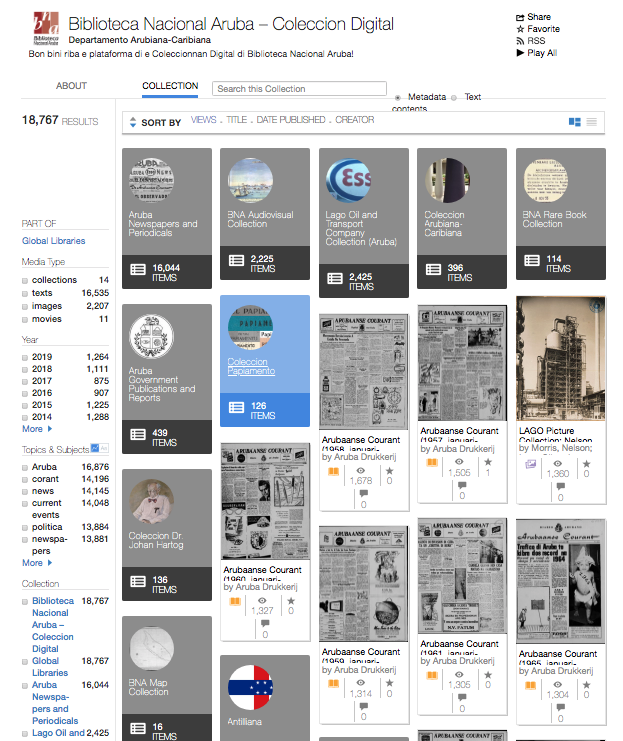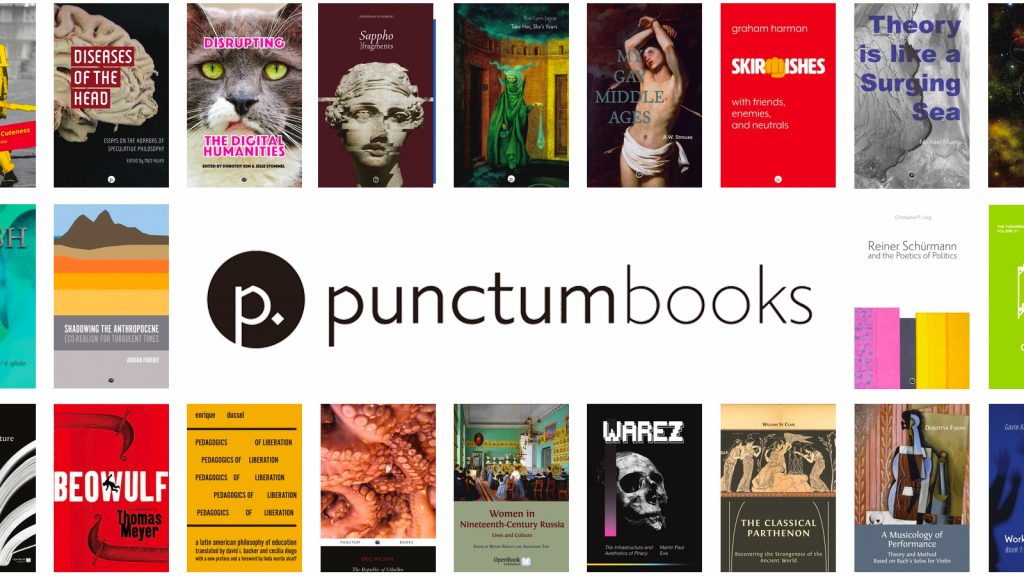
Since its founding in 2011, punctum books has been an independent, scholar- and queerled open access (OA) press committed to reshaping the way knowledge production is shared in academia and beyond.
Now, it is also a key player in the development of technology that’s making it easier for publishers to archive open access monographs.
The idea behind the open access movement is that scholarly research is a public good that should be made available to everyone in order to remove some of the technological and financial barriers to research and to accelerate education and research across the planet. Open access monographs are long-form scholarly publications released in the public domain under a Creative Commons or comparable license, which allows readers to freely access them without paywall. Authors of open access publications retain the copyright to their work.
“We strongly believe that publicly funded knowledge should be publicly available.”
Vincent W.J. van Gerven Oei, co-director of punctum books
“We strongly believe that publicly funded knowledge should be publicly available,” said Vincent W.J. van Gerven Oei, co-director of the non-profit publisher, along with Eileen A. Fradenburg Joy. “This is an ideological commitment — and, for us, this has been a guiding light in all our publishing work.”
Recently, punctum published its entire catalogue of close to 400 books to the Internet Archive’s online collection. It includes books about queer studies, film and media studies, Anthropocene studies, recuperative work and titles dealing with the Medieval period.
Streamlining open access publishing
Not only did the publisher make its items freely available, it was also part of an effort to develop an open metadata management and dissemination system – known as Thoth – to encourage other open access publishers to do the same.
The automated deposit system was built as part of the Community-led Open Publication Infrastructures for Monographs (COPIM) project, an international partnership of researchers, universities, librarians, open access book publishers and infrastructure providers. The open source platform, funded by Arcadia and Research England, is designed to streamline the sharing of open access books.
“We wanted to make the management of metadata more convenient, especially for small-scale publishers,” Van Gerven Oei said. “The systems to get digital publications into the world are very opaque and difficult to navigate. We developed a tool that makes everything easier. We hope that by offering this service the discoverability of open access books will be much better.”
Along with punctum, other scholar-led, open access publishers such as Open Book Publishers are using Thoth for their daily metadata management. Van Gerven Oei said there is never going to be one single solution to the distribution challenge for small open publishers, but he hopes this effort will redirect traffic to the Archive.
“The Internet Archive, as a central repository not only for publications, but for the entire history of the internet, is of vital importance,” Van Gerven Oei said. “I am happy that the Internet Archive is one of the first repositories connected to our work with Thoth.”
In addition, punctum is working with other libraries to develop open community-owned infrastructure to offer an alternative to commercial publishing infrastructures.
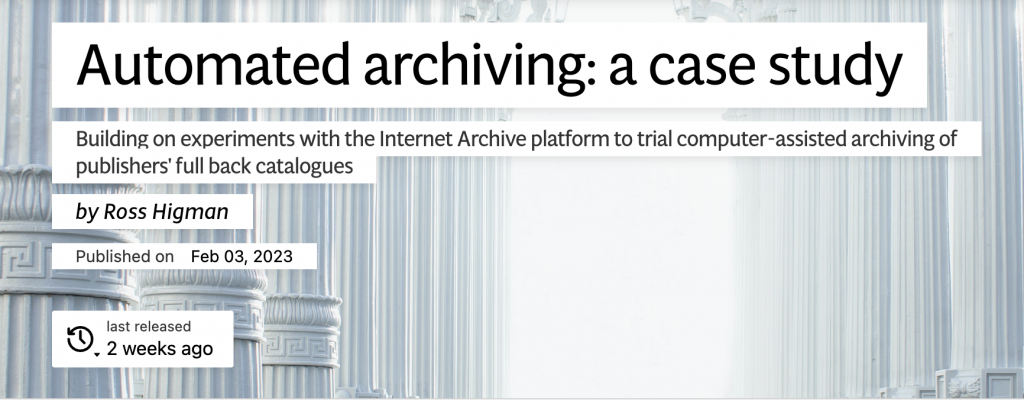
“We see libraries as our allies in our fight for open knowledge,” Van Gerven Oei said. “Knowledge is a public good that should not be a private enterprise at all.”
The Library-Publisher partnership
The founders of punctum believe the press has a moral obligation to provide its materials for free and allow authors to share, remix, and reuse.
Incorporated and based in Santa Barbara, California, punctum has a partnership with the University of California, Santa Barbara (UCSB) Library.
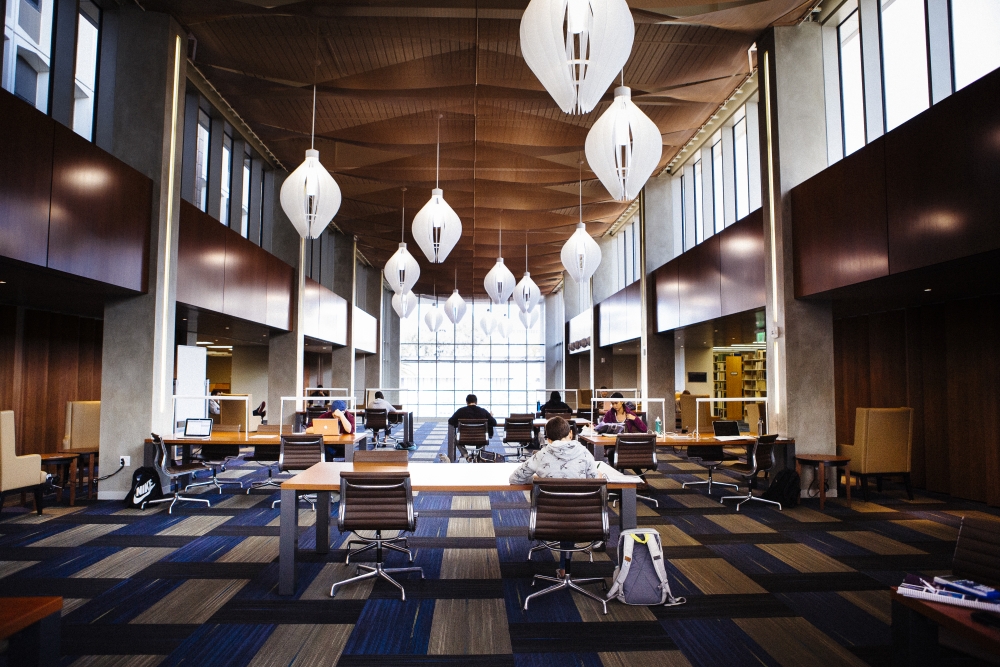
Together, they conducted a two-year pilot project from 2018-2020 to test a no-fees open access book publishing model for the humanities and social sciences.
“The goal was to develop best practices, protocols and infrastructure, technical and otherwise, around punctum’s digital catalog, and create a Library Membership Program,” said Lidia Uziel, associate university librarian for research resources and scholarly communication at UCSB Library. The objective was to support punctum’s operations while advancing the library’s interest in no-fee OA book publishing.
“It was a natural collaboration for the library,” said Uziel. “The University of California, Santa Barbara is very committed to opening up scholarship created by UCSB researchers to be freely available to the scholarly community globally. Making good on this commitment requires the investment of time, effort, and money toward transforming the current, very closed, scholarly publishing system for both journals and books.”
Many faculty members publish with punctum, because of shared values. UCSB community and punctum are both passionately committed to the mission of the public research library and to scholar-led, community-owned, and economically sustainable open science and publishing. The project was an opportunity for the library community, students, and faculty to learn about open access publishing through the lens of the pilot project and the partnership with punctum.
“Making good on [a commitment to open access] requires the investment of time, effort, and money toward transforming the current, very closed, scholarly publishing system for both journals and books.”
Lidia Uziel, associate university librarian, University of California, Santa Barbara (UCSB) Library
The relationship was mutually beneficial, as it was also a chance for punctum to broaden its distribution network.
“The partnership with UCSB has been a lifesaver,” Van Gerven Oei said. ”To get books out into the world – from publisher to readers – it’s not easy. UCSB Library helped us in understanding the landscape, finding allies, and getting metadata records in shape. In turn, we have provided students and faculty with knowledge of OA publishing.”
One of the outcomes of the pilot was the creation of punctum’s Supporting Library Membership Program. It now works with other libraries around the world on open access publishing.
“The library and scholarly communities have long advocated for free and unrestricted access to scholarly literature. The open science movement as a whole is gaining momentum, not only in the U.S., but also internationally,” Uziel said. “Open access publishing will continue to grow thanks to the implementation of OA policies by funders and institutions and the development of new innovative publishing models and open source platforms that facilitate the publication of OA content at a reduced cost. National and international library organizations are endorsing the OA policies and initiatives, and open access publishing is increasingly integrated into standard library operations.”
The road ahead
Experimentation on how to disseminate born digital books is happening across all sectors of publishing, with efforts like punctum books helping make systemic change across a field that has historically prioritized commerce over access, according to Maria Bustillos, editor of The Brick House.
“Free-thinking people are all involved in the same democratic, egalitarian project of building culture, whether they are librarians, academics, readers, students, journalists, artists or authors,” she said. “The sooner we all join forces to expand and protect the global commons, the better our world will be.”
- Browse & read the punctum books collection at the Internet Archive
- punctum books
- Thoth
- UCSB Library
Van Gerven Oei said he’s optimistic about the future of open access, but there needs to be policy and political will to support knowledge as a public good. In the meantime, he sees potential with providing online access to open access monographs.
“We have a deep understanding and love for all the forms of archives,” Van Gerven Oei said. “From the moment that the Internet Archive existed, we have been great fans of its omnivorous drive and applaud the enterprise. We are very happy to contribute even more data and become sustenance for future archivists.”

